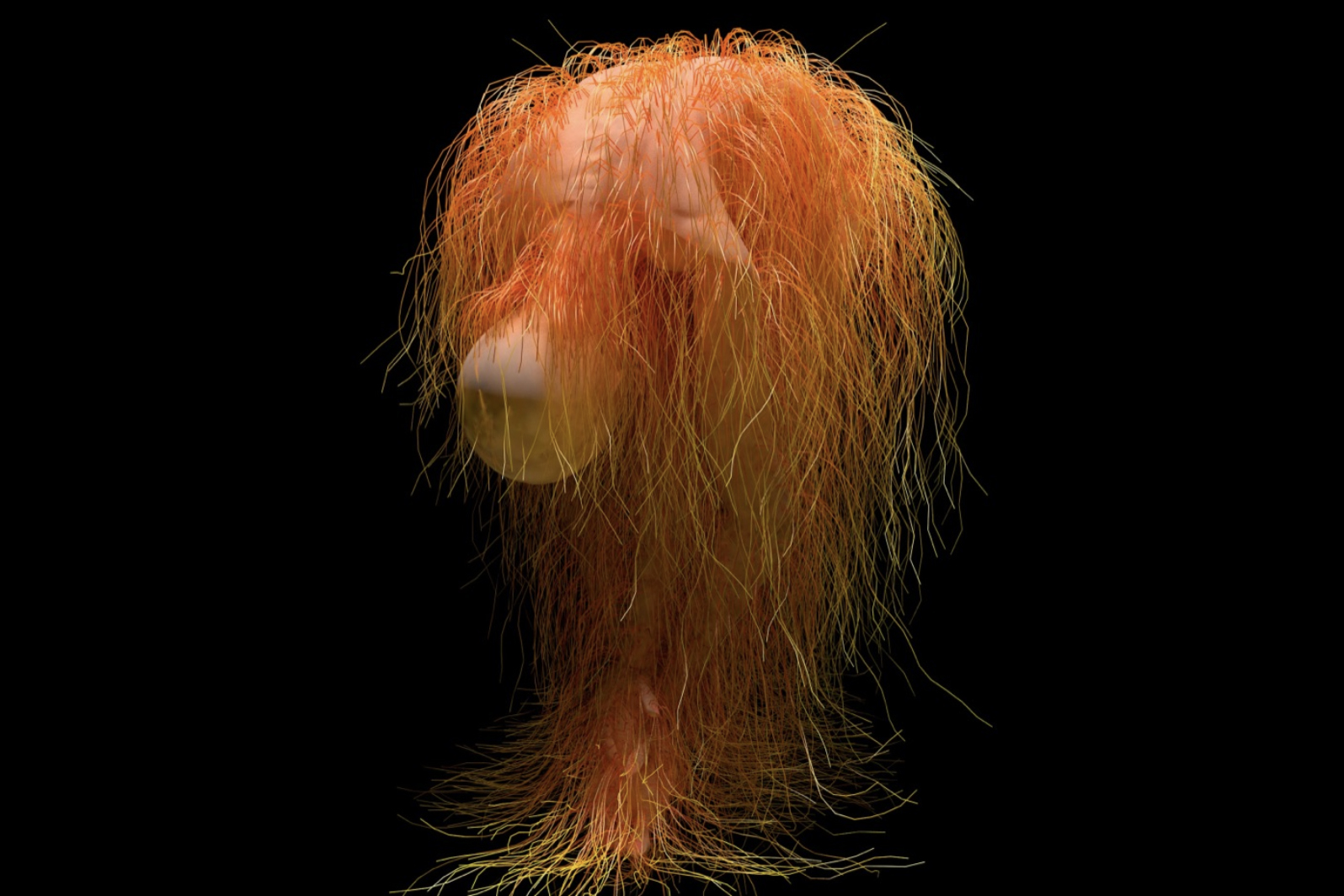M.M.A. -Massive Mesh Ambitions- Special Feature #02 / Yuu Matsuura, “Mock Meat, That Imitates Meat but Is Not Meat—An Introduction to Criticism of Humano-Genderism” English version also available

A media project to speculate and discuss about GHOST IN THE SHELL “M.M.A. -Massive Mesh Ambitions-.”
The theme of ISSUE #02 is “Outlaw.”
Yuu Matsuura, “Mock Meat, That Imitates Meat but Is Not Meat—An Introduction to Criticism of Humano-Genderism” is now available in English.
It seems that there is something called Sù-Ròu (mock meat, Taiwanese Buddhist vegetarian meat) in Taiwan. Considering its origins, the preference for eating mock meat was probably rooted in the desire to eat meat. However, as mock meat cuisine develops and the number of mock meat enthusiasts increases, will the desires of those who love mock meat remain the same as those who love meat? Are there unique desires specific to mock meat enthusiasts?
Since Judith Butler’s criticism of the prohibition of homosexuality prior to incest, the relativization of heteronormativity has progressed, at least in theory. However, when Yuu Matsuura brings up fictosexuality, sexual attraction toward two-dimensional characters, it becomes evident that the diversification of desires has yet to extend beyond the realm of human-oriented sexuality. In other words, within a world of human-oriented sexualism, the possibility of our desires being directed towards two-dimensional characters is foreclosed. When we become aware of this foreclosure, questions begin to arise.
Although we call them two-dimensional characters, they are modeled after humans. Therefore, people who love two-dimensional characters are expected to develop desires based on norms of human-oriented sexualism in real life. However, as the number of fictional characters proliferates, the desires toward them begin to take on a unique quality. Eventually, the enthusiasts of these characters realize the location of their excluded desires. What Matsuura focuses on is not the creator of the character but the desire of the recipient, who stands before the gates of the rules of human-oriented sexuality. What does it mean for humans to desire non-human objects? How has this been made possible? The author takes a sharp approach to the mechanism of desire. In the world of “Ghost in the Shell,” where prosthetic bodies and computerization technologies have become widespread and the humanity of humans has become increasingly rare, desires that are not suitable for humans are sure to emerge as even more pressing and actual issues.

